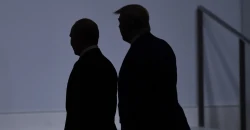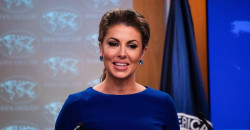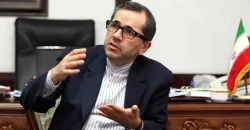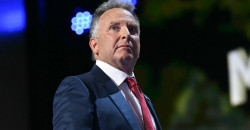London's Ukraine talks: A step back or a change in strategy?
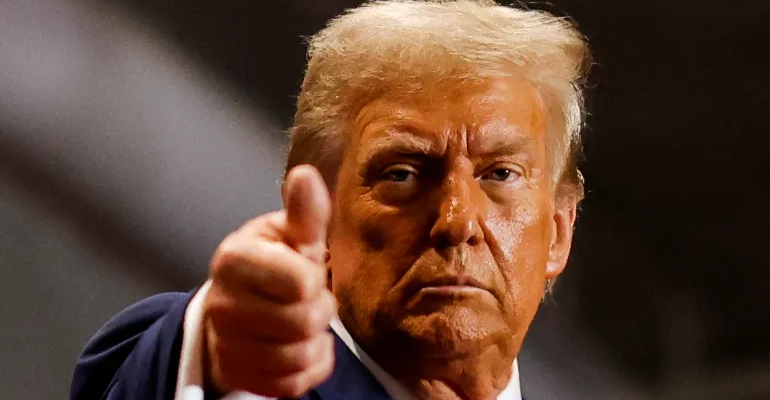
Shafaq News/ Hopes for a breakthrough in Ukraine ceasefire talks dimmed on Wednesday after high-stakes negotiations in London were abruptly downgraded following the unexpected withdrawal of senior US officials.
The meeting brought together representatives from the US, UK, France, Germany, and Ukraine. However, the absence of US Secretary of State Marco Rubio and Special Envoy Steve Witkoff, who pulled out at the last minute for "logistical reasons," shifted the format to closed-door technical discussions. Gen. Keith Kellogg, Trump’s Ukraine envoy, led the US delegation in their place.
UK Foreign Secretary David Lammy hosted a separate bilateral meeting with his Ukrainian counterpart and described the gathering as taking place at a "critical moment for Ukraine and Euro-Atlantic security."
US Vice President JD Vance, speaking during a visit to India, said Washington had issued “a very explicit offer” to both Kyiv and Moscow. “It’s time for them to either say yes or for the US to walk away from this process."
Vance added that any settlement would require freezing the front lines and mutual compromise. “The Ukrainians and the Russians are both going to have to give up some of the territory they currently control."
The White House confirmed that Witkoff will travel to Moscow this week for his fourth meeting with Russian President Vladimir Putin, as diplomatic efforts continue on multiple fronts.
Ukrainian President Volodymyr Zelenskyy reiterated his call for “an immediate, full, and unconditional ceasefire,” insisting that “stopping the killing is task number one.” He rejected reports that Kyiv was considering recognizing Russian sovereignty over Crimea, calling such suggestions unfounded.
Speculation has grown in recent days that Russia may be willing to freeze the conflict along current front lines in exchange for concessions. Kremlin spokesman Dmitry Peskov dismissed those reports as “fakes," however, while Zelenskyy also denied receiving any such proposal, reaffirming Ukraine’s position that Crimea remains under illegal occupation.
Russia launched its full-scale invasion in February 2022, following its 2014 annexation of Crimea and support for separatist forces in eastern Ukraine. The war has caused extensive displacement and widespread casualties.

